Acupuncture, an ancient Chinese medical practice, is increasingly used to support weight loss efforts. At Kinetic Rehab & Spine, acupuncture offers a holistic, non-invasive approach to weight management by focusing on the body’s energy flow (Qi) and promoting overall wellness. In this article, we’ll explore how acupuncture can aid in the loss of weight, the science behind it, and how it can complement other treatments for better results.
What is Acupuncture?
Acupuncture is a traditional Chinese medicine technique that involves inserting thin needles into specific points on the body. These points correspond to energy pathways, or meridians, which help regulate various bodily functions, including metabolism, digestion, and emotional well-being. By restoring balance to these energy flows, acupuncture can address underlying health issues that contribute to weight gain.
How Acupuncture Can Help with Weight Loss
While acupuncture alone is not a magic solution for weight loss, it can be a powerful tool when used with other lifestyle changes like diet and exercise. Here’s how acupuncture can aid in weight loss:
- Improves Digestion
Poor digestion can lead to bloating, constipation, and inefficient nutrient absorption, all of which can contribute to weight gain. Acupuncture stimulates digestive function by promoting better circulation and energy flow, helping the body break down and absorb nutrients more efficiently. - Reduces Stress and Emotional Eating
Many people struggle with emotional eating when stressed. Acupuncture helps regulate stress hormones, such as cortisol, and balances mood-related neurotransmitters like serotonin. By reducing anxiety and stress, acupuncture can curb the desire to eat for emotional comfort. - Enhances Metabolism
Acupuncture can boost your metabolism by stimulating the thyroid and other hormone-regulating organs. This helps the body burn calories more efficiently, promoting a higher rate of fat loss over time. - Suppresses Appetite
Acupuncture targets specific points that help regulate appetite by balancing the hypothalamus, the brain area responsible for hunger signals. Patients often report feeling less hungry or more satisfied with smaller portions after regular acupuncture sessions. - Balances Hormones
Hormonal imbalances can lead to weight gain, especially in women. Acupuncture helps balance hormones such as insulin, ghrelin (the hunger hormone), and leptin (the satiety hormone), promoting a healthier relationship with food and hunger. - Improves Sleep Quality
Poor sleep is linked to weight gain because it affects the body’s ability to regulate hormones related to hunger and metabolism. Acupuncture improves sleep quality, helping regulate these hormones and supporting overall weight loss efforts.
Acupuncture Points for Weight Loss
Several key acupuncture points are used to address weight loss:
- Ear Shenmen: Helps with anxiety and stress, which can reduce emotional eating.
- Stomach Point: Reduces feelings of hunger and helps with digestion.
- Spleen Point: Supports digestion and nutrient absorption.
- Endocrine Point: Balances hormones and promotes metabolism.
- Kidney Point: Improves water retention and helps eliminate toxins from the body.
These points can be stimulated through needle insertion, ear seeds, or acupressure during an acupuncture session.
Acupuncture as Part of a Holistic Weight Loss Plan
For best results, acupuncture should be combined with a comprehensive weight loss plan that includes proper diet, exercise, and lifestyle adjustments. Here’s how you can create a holistic approach to weight loss:
- Healthy Eating Habits
Work with a nutritionist or dietitian to create a balanced diet that meets your body’s needs. Acupuncture can support digestion and nutrient absorption, but healthy eating is essential for long-term weight management. - Regular Exercise
Physical activity is vital for burning calories and improving metabolism. Acupuncture can relieve muscle soreness and promote recovery after workouts, making it easier to maintain an active lifestyle. - Behavioral Therapy
Many people struggle with weight gain due to emotional eating or poor lifestyle habits. Combining acupuncture with cognitive-behavioral therapy (CBT) can help address the mental and emotional aspects of weight loss. - Supplements and Herbs
Traditional Chinese medicine often incorporates herbal remedies to complement acupuncture. These herbs can help regulate metabolism, digestion, and hormones, further supporting weight loss.
What to Expect During an Acupuncture Session
If you’re considering acupuncture for weight management, here’s what to expect during your treatment:
- Initial Consultation
The acupuncturist will begin by assessing your overall health, including your diet, stress levels, sleep patterns, and any underlying conditions that may be contributing to weight gain. This comprehensive evaluation helps tailor the treatment to your specific needs. - Needle Insertion
During the session, fine needles are inserted into specific acupuncture points on the body, including the ears, abdomen, legs, and arms. The insertion is generally painless, and patients often experience a relaxing sensation during treatment. - Duration and Frequency
Each session lasts between 30-60 minutes, and most patients undergo 6-12 sessions over a few weeks or months to achieve optimal results. The number of sessions will depend on individual goals and how the body responds to the treatment. - Follow-Up Care
After each session, your acupuncturist may recommend follow-up appointments to monitor your progress and adjust the treatment plan if necessary. They may also offer advice on maintaining results through diet, exercise, and stress management.
The Science Behind Acupuncture
Though acupuncture has been used for thousands of years in Eastern medicine, its effectiveness for weight loss has garnered increasing interest in the West. Several studies have examined the relationship between acupuncture and weight loss:
- A 2017 study published in Obesity Medicine found that acupuncture could help reduce body weight, body mass index (BMI), and waist circumference in obese individuals. The study suggested that acupuncture helps improve metabolism and reduce appetite.
- A study in the International Journal of Obesity found that ear acupuncture specifically helped reduce body fat in overweight patients. Ear acupuncture targets points that help regulate hunger and emotional well-being, both of which are critical for weight loss.
- Another study published in the Journal of Alternative and Complementary Medicine concluded that acupuncture can reduce stress levels, leading to less emotional eating and promoting weight loss in individuals with obesity-related stress.
Is Acupuncture for Weight Loss Right for You?
While acupuncture is a valuable tool for weight loss, it’s not a one-size-fits-all solution. Ideal candidates include those who are:
- Looking for a holistic, natural approach to weight loss
- Struggling with stress, poor digestion, or hormonal imbalances
- Interested in complementary therapies to support a healthy lifestyle
- Open to multiple sessions and a long-term commitment to results
Before starting acupuncture, consult with a healthcare provider to ensure it’s safe and appropriate for your needs, especially if you have underlying medical conditions.
Conclusion
Acupuncture offers a holistic, natural method to support weight loss by addressing the body’s energy balance, reducing stress, improving digestion, and promoting hormonal balance. When combined with a healthy lifestyle that includes proper diet, regular exercise, and mental wellness, acupuncture can be an effective part of a comprehensive weight loss plan.
At Kinetic Rehab & Spine, their experienced professionals provide personalized acupuncture treatments tailored to your weight loss goals. With a focus on both physical and emotional well-being, they ensure you receive a well-rounded approach to improving your health and appearance.
To learn more or schedule an acupuncture session, visit Kinetic Rehab & Spine. Start your journey to better health and natural weight management today!

